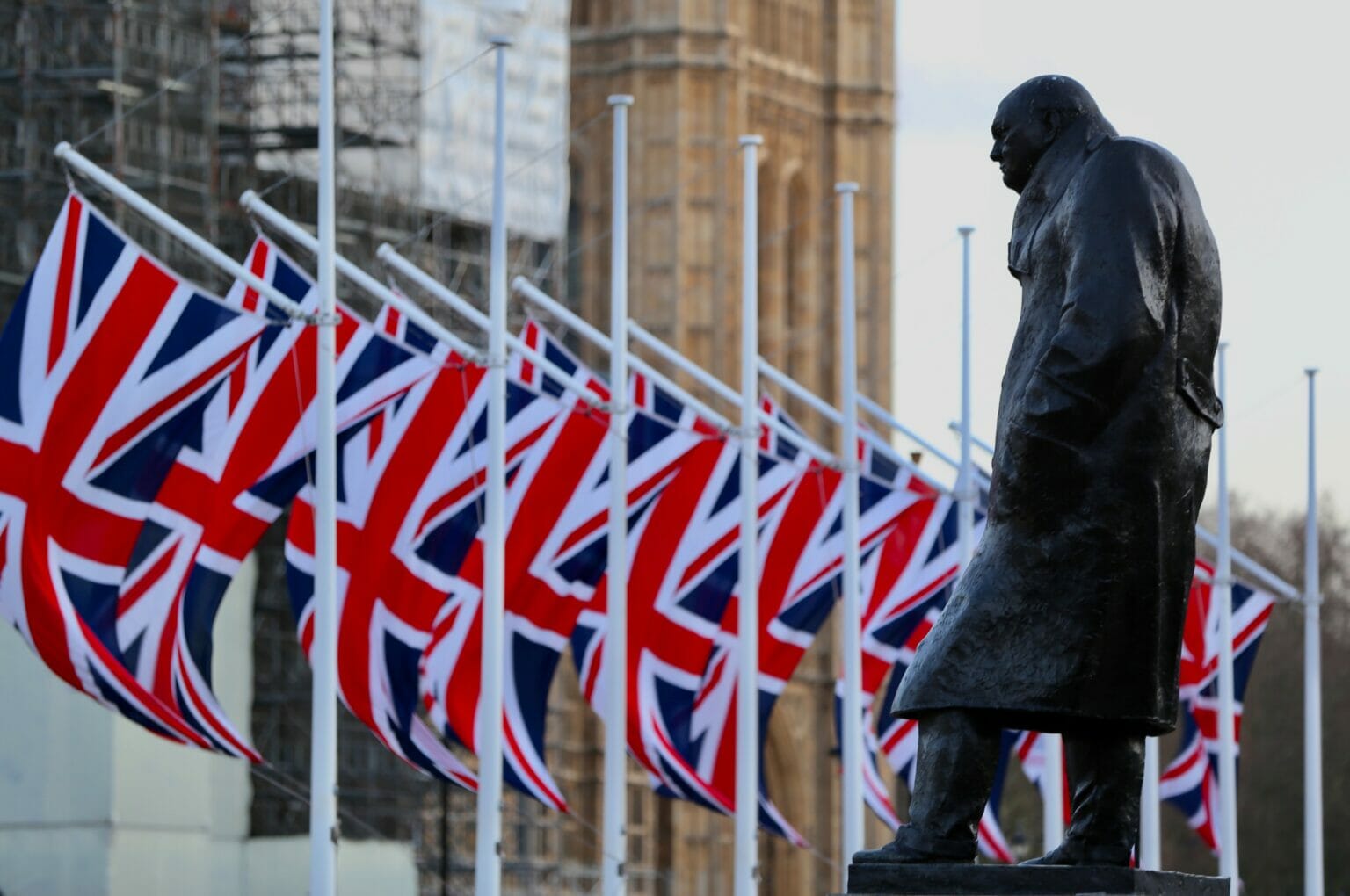European shares climbed at the open on Tuesday, a day after Liz Truss was named the next UK prime minister and Tory leader.
After the opening bell, the FTSE 100 (FTSE) was up 0.4% in London. In Paris, the CAC (FCHI) went up 0.5%, and in Frankfurt, the DAX (GDAXI) went up 0.8%.
Investors are sitting on their hands until the new UK prime minister takes office and Wall Street reopens after the Labor Day holiday, said Susannah Streeter, a senior investment and markets analyst at Hargreaves Lansdown.
“The FTSE 100 opened higher and US indices are likely to go up a little, but investors are likely to be cautious this week as worries about a global slowdown continue and they look forward to a key European Central Bank meeting.”
Reports say that the incoming Prime Minister has made plans to keep UK households’ energy bills at or below the current level of £1,971 ($2,300) to help with the rising cost of living.
Truss has reportedly decided on a plan that will stop the price cap from going up by 80% in October, when it is set to go up to £3,548 a year.
Under the plans, Ofgem, the energy regulator, will be pushed to the side and the price cap will be taken away.

Instead, the government will come up with a new unit price for electricity and gas that people in Britain will have to pay. Energy companies are expected to take out loans backed by the government to help pay for bills.
Sterling (GBPUSD=X) rose from a two-year low because of Truss’s energy plan. Traders are still thinking about Truss’s energy plan, which Bloomberg said could cost £130 billion over the next 18 months.
In early trading, the pound was up 0.7% against the dollar at $1.598. On Monday, it had fallen to its lowest level since March 2020.
The chief market analyst at CMC Markets, Michael Hewson, said: “After yesterday’s news, the pound was at its lowest point during the day, but it was able to recover. The key test will be how the markets view the next steps the government takes to deal with the current crisis.
People don’t seem to agree on whether or not all the bad news has already been priced into the pound, but it does seem to have gone up quite a bit from yesterday’s lows.
“Given the current problems, some short-term borrowing is unavoidable, but the main focus will be on what the government plans to do to keep energy prices low and deal with the UK’s long-term energy security.”
Over in the US, stocks have gone down for the third week in a row because people are worried that the Federal Reserve’s plan to keep raising interest rates will cause the economy to go into a recession.
Monday was Labor Day in the US, so the stock market was closed.
At the end of trading on Friday, the S&P 500 (GSPC) fell 42.59 points, or 1.1%, to 3924.26. The tech-heavy Nasdaq (IXIC) fell 1.3%, and the Dow Jones (DJI) fell 1.1%.
In Asia, stocks ended with a mixed performance because of the tightening of money by central banks and the energy crisis in Europe.
Tokyo’s benchmark Nikkei (N225) ended the day flat, while Hong Kong’s Hang Seng (HSI) went up by 0.1% and Shanghai’s Composite (000001.SS) went up by 1.4%.
